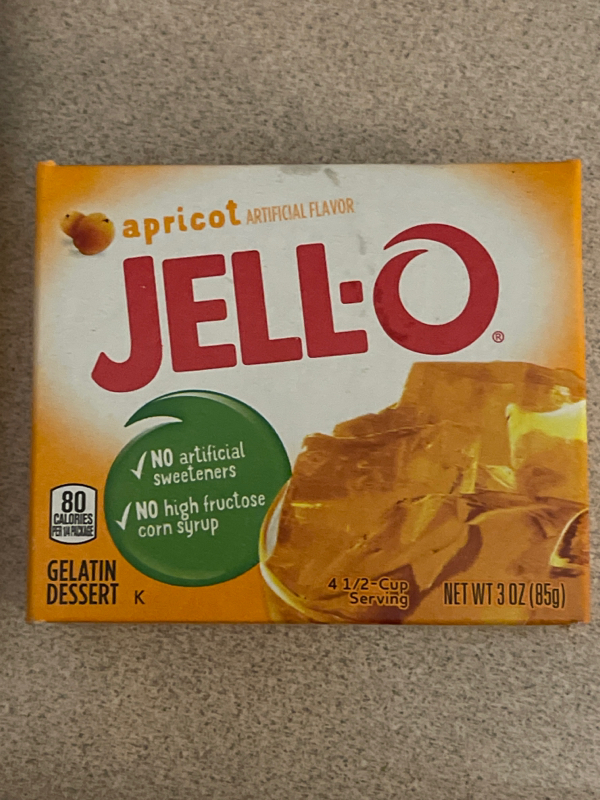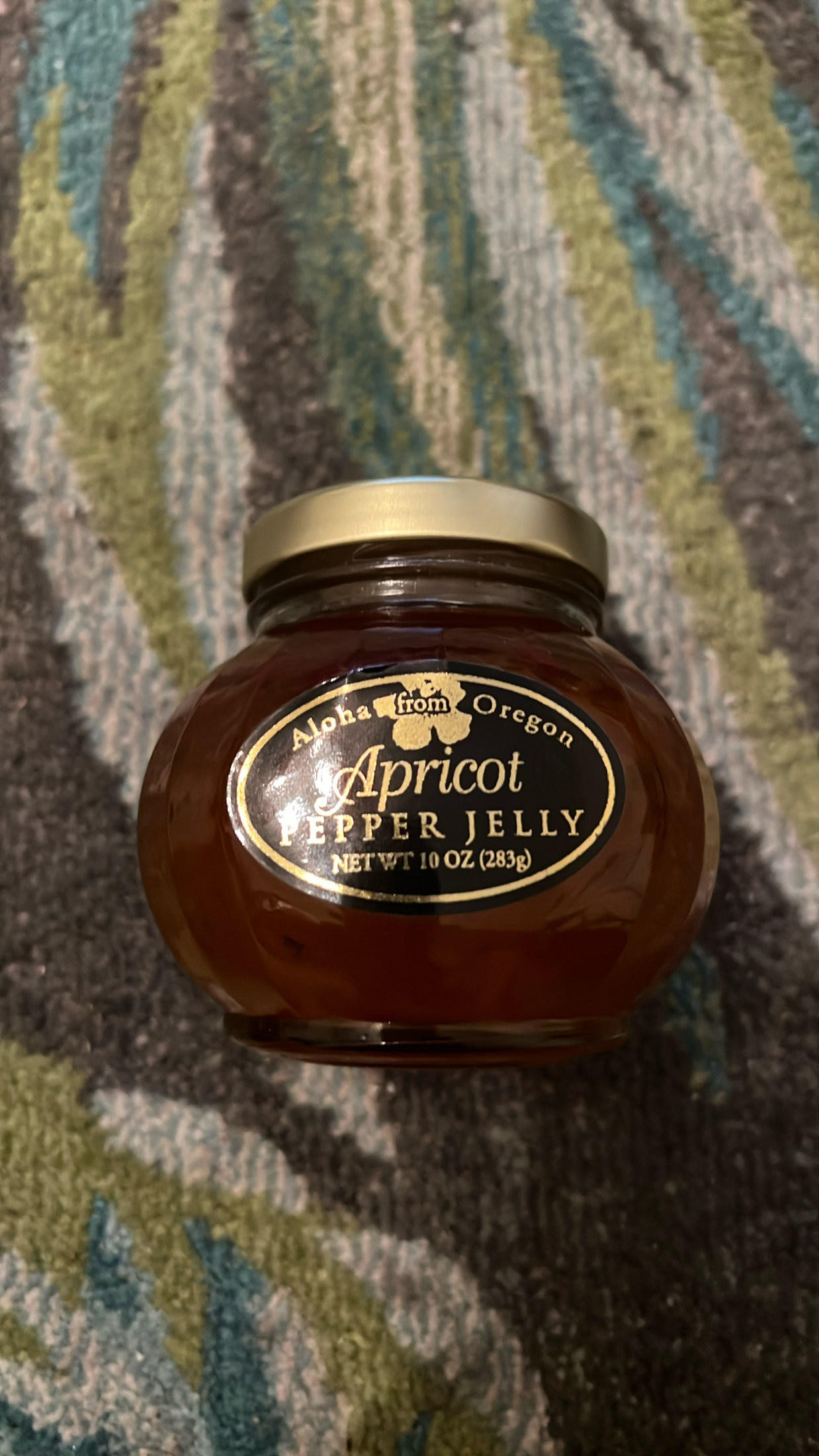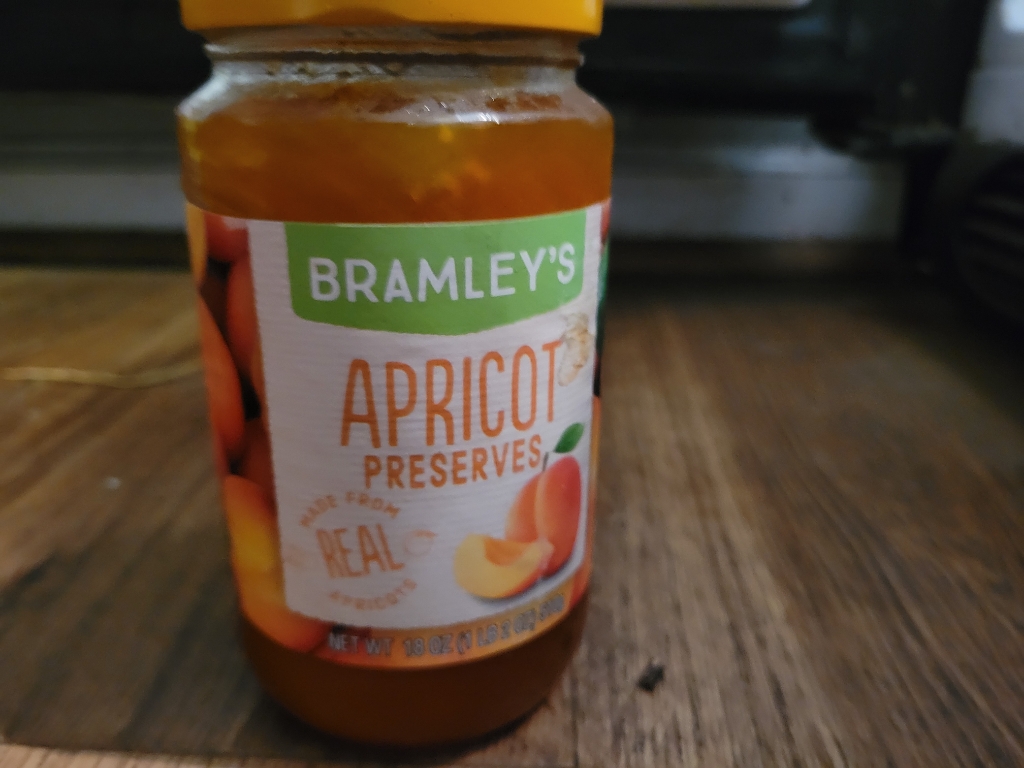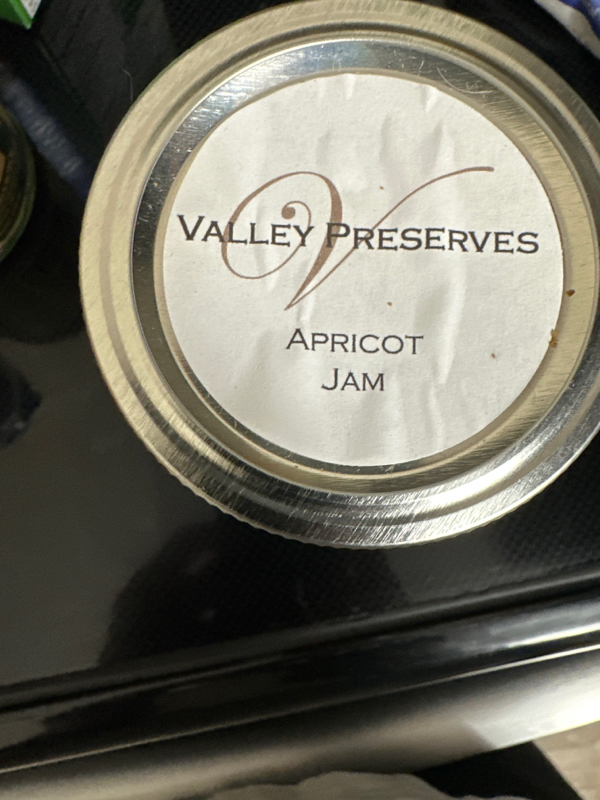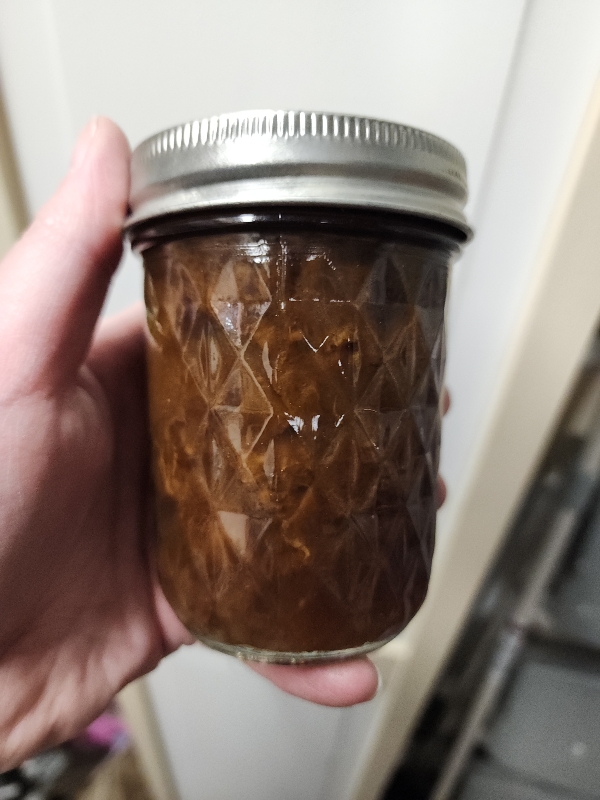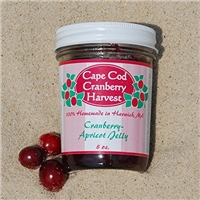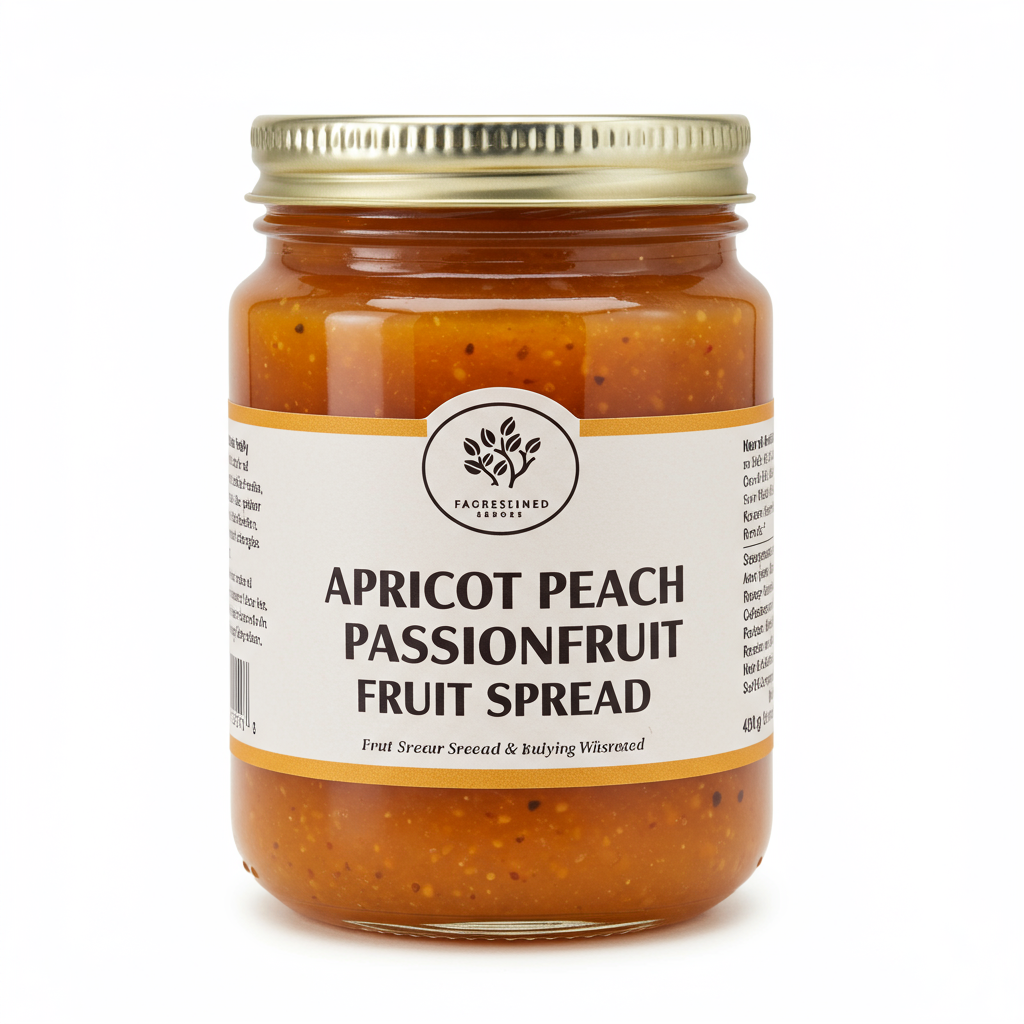Apricot Jelly
Apricot jelly is a sweet and tangy preserve made by cooking ripe apricots with sugar and, in some recipes, pectin. This vibrant orange-colored spread is often enjoyed on toast, pastries, and various baked goods, as well as an accompaniment to savory dishes like roasted meats. Its bright and fruity flavor is a popular option for those seeking a versatile and delightful fruit preserve.
Homemade apricot jelly can be made seasonally when apricots are at their peak ripeness, or store-bought options are available throughout the year. The simple ingredients and easy preparation make it a classic favorite among home cooks, who can enjoy experimenting with variations that include spices, lemon zests, or even alcohol-infused flavors.
100%
CARBS
0%
FAT
0%
PROTEIN
10 Apricot Jelly Products
Apricot Jelly Is Frequently Used With
Apricot Jelly FAQ
Apricot jelly is one of those versatile ingredients that is as delicious on a slice of toast as it is in a savory glaze for your roast dinner. However, there are common pitfalls and unanswered questions when it comes to cooking with this fruity preserve.
Firstly, people often overcook the jelly, which can result in a texture that is too firm or sticky. It's crucial to remember that jelly continues to set as it cools, so it's better to undercook it slightly than risk it becoming too thick. This is especially important if you're using the jelly in a baked recipe, as it will cook further in the oven.
Secondly, apricot jelly can sometimes be overly sweet, which can overpower the flavor of the apricots. A little lemon juice or even a splash of white wine can balance out this sweetness and bring more complexity to the flavor. Be careful not to add too much, as it could impact the setting process.
Thirdly, remember that jelly isn't just for toast! It makes a great glaze for meats like pork or chicken, and can even be used in a sweet-and-sour sauce for stir-fries. This versatility is often overlooked, but it can really enhance a variety of dishes.
Finally, for a pro tip - lightly warm your jelly before spreading it. This makes it easier to spread evenly, and the heated jelly can enhance the flavor of whatever it's being spread on.
Why is my homemade apricot jelly not setting?
Can I use apricot jelly as a meat glaze?
My apricot jelly is too sweet. How can I fix this?
What can I substitute for apricot jelly?
Can I make apricot jelly without added pectin?
What are some ways to use apricot jelly besides on toast?
Why is my apricot jelly cloudy?
Can I use apricot jelly in a cake?
Can I use frozen apricots to make jelly?
My apricot jelly is too runny. What can I do to fix this?
Expiration & Storage Tips
When does apricot jelly expire?
Fasten your seatbelts, we're going on an apricot jelly journey! When it comes to expiration timeframes, let's break it down. Unopened store-bought apricot jelly typically has an impressive shelf life, lasting up to two years if stored properly. Once opened, it should be eaten within 6 to 12 months if stored in a refrigerator. Homemade apricot jelly, on the other hand, has a shorter lifespan -- around a year when unopened and stored in a cool, dark place and about a month once opened and refrigerated. Let's not forget about the frozen little fellas! If sealed tightly and frozen, apricot jelly can last for up to a year. The defrosting process is slow and steady - simply transfer it from the freezer to the fridge 24 hours before you plan to use it. Please note, these timeframes are only estimates - always refer to the best before date on the package if available and if in doubt, do the smell/taste test.
How do you tell if apricot jelly is bad?
Telling if your apricot jelly has gone bad may not be a skill you've mastered yet, but don't worry, I’ve got you covered. Firstly, check visually: any signs of mold or discolouration are straight up dismissal grounds – trust me, you don’t want to be eating that. Secondly, smell it: if the nice, sweet fruity aroma has been replaced by something sour or off-putting, it's time for it to bid adieu. Finally, consistency can be a giveaway: if your jelly has turned watery or overly thick, it's probably not safe to eat. Please, when in doubt, throw it out!
Tips for storing apricot jelly to extend shelf life
• Always store unopened apricot jelly in a cool, dry and dark place like your pantry.
• Once opened, refrigerate it right away. Remember, it's a good practice to use a clean spoon every time to avoid introducing bacteria.
• For long-term storage, freezing apricot jelly is a great option. Just make sure it's in airtight, freezer-safe containers or heavy-duty freezer bags.
• Label your homemade jellies with the date it was made before storing, this way you'll always know how long it's been sitting around.
• Planning a big canning session? Leave some headspace in your jars when canning your homemade jelly to allow for expansion during the freezing process.
• Lastly, if you've defrosted jelly in the refrigerator, don't refreeze it - the texture might become less appealing.
EXPIRES WITHIN
7 - 11
MONTHS
Substitutes
Health Info
Macros
13g
CARBS
0g
FAT
0g
PROTEIN
Allowed on these diets
LOW FAT
HIGH CALCIUM
VEGETARIAN
VEGAN
LACTOSE FREE
GLUTEN FREE

